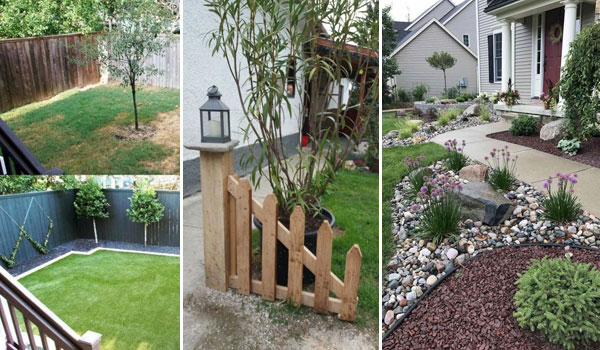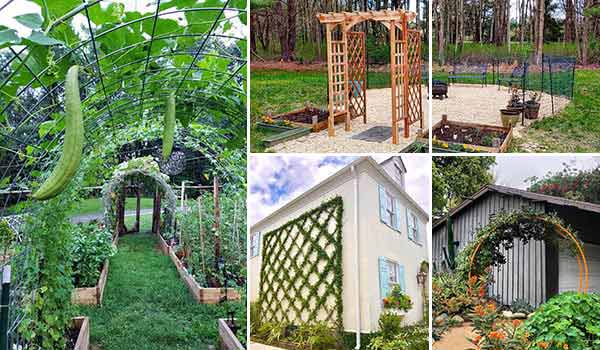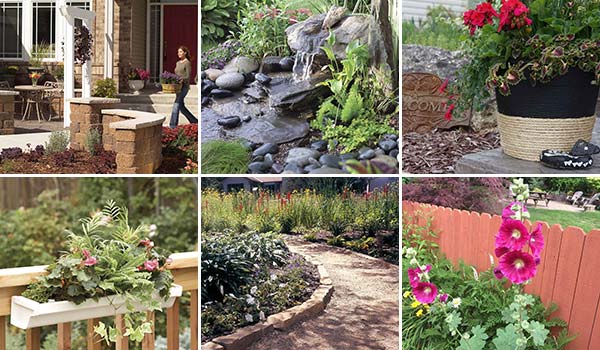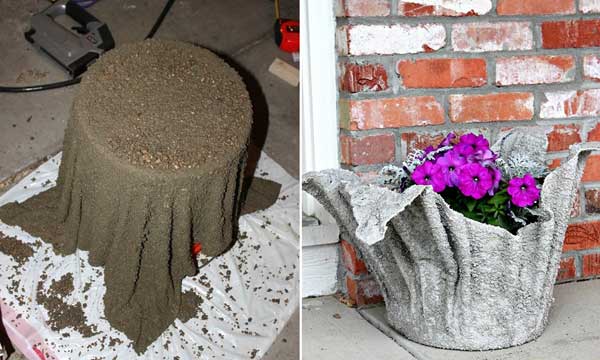5 Tips to Keep Your Garden Productive and Healthy

We know what you’re thinking – what could be some of the most effective ways to maintain your garden? How can you ensure that it stays healthy and productive throughout the year?
You might have moved into your new property or renovated your garden.
Either way, you want it to look good and make the guests appreciate your place. But that is easier said than done. From picking the right plants to maintaining them, you must take care of many things.
And if you don’t know how to do it, your garden might not look as good as it should. That’s why we’ve compiled this list of useful tips to keep your garden productive and healthy. Read this article till the end, and thank us later!
Get the Right Plants
You want to make your garden a cozy place to relax, get fresh air and rejuvenate your mood? Get the plants that will help you achieve just that. Choose plants that are low-maintenance and require less watering. The best choice would be succulents, cacti, and other drought-tolerant plants. You can also consider native plants that grow naturally in your area, as they will need less care than exotic ones.
Other good options for plants include:
- Herbs: These are easy to grow and can be a great addition to any garden. They also have the added benefit of providing you with delicious seasoning for your food! –
- Flowers: They are great for adding color and beauty to your garden. You can also use them to make beautiful arrangements that will brighten up your home.
- Vegetables: These are a great addition to any garden and are easy to grow. You can even have your own vegetable patch at home!
Pick the Right Location
The location of your garden is important. You need to pick a spot with enough sunlight and good drainage. You can consider growing plants in containers if you have a small space. This way, you can move them around to get the right amount of light and avoid waterlogging.
For example, if you want to grow tomatoes, they need at least six hours of sunlight every day. So, pick a spot in your garden with direct sunlight for most of the day.
Prepare the Soil
The type of soil you have will determine what kind of plants you can grow. Add some organic matter like compost or manure to improve drainage if you have clay soil. For sandy soil, add some organic matter to help retain moisture. You can also get your soil tested to know its nutrient content and pH level. This will help you determine what plants will grow best in your soil.
Use the Right Fertilizer
Fertilizers provide nutrients to your plants and help them grow healthy and strong. If you use the wrong fertilizer, it can harm your plants. So, it’s important to choose the right fertilizer for your garden.
There are different types of fertilizers available in the market. You can choose one based on the type of plants you have and the nutrients they need. For example, you can use a high-phosphorus fertilizer if you have flowering plants. This will help them bloom better.
You can also get organic fertilizers like compost and manure. These are great for your plants and the environment.
Water Your Plants Regularly
Water is essential for the growth of plants. But, overwatering can kill them. So, it would help if you found the right balance. Water your plants regularly, but don’t overdo it.
The watering frequency will depend on the type of plants you have, weather conditions, and soil type. For example, succulents need less water than other plants. They can even go for long periods without water. Whereas vegetables need more water as they are heavier feeders.
You might need to water your plants more frequently if it’s hot outside. The same goes for if you have sandy soil, as it doesn’t retain water well.
You can also set up a drip irrigation system. This will help you water your plants slowly and evenly without wetting the leaves. This is especially important for plants that are susceptible to fungal diseases.
Bonus: Take Care of Yourself
Gardening can be hard work. So, remember to take care of yourself as well. Wear sunscreen and a hat when you are outside. Drink plenty of water to stay hydrated. And take breaks when you need to. And if you work in a commercial garden, you may also develop Parkinson’s due to complications exposure to paraquat in gardens and on farms.
If that occurs and your employer refuses to provide you with workers’ compensation, contact a compensation attorney to get the justice and benefits you deserve.
Final Word
Gardening is a great way to relax and connect with nature. It can also help you grow healthy and fresh food. So, follow these tips to get started on your gardening journey. And soon, you’ll be reaping the benefits of your hard work!



